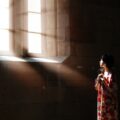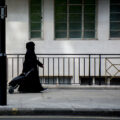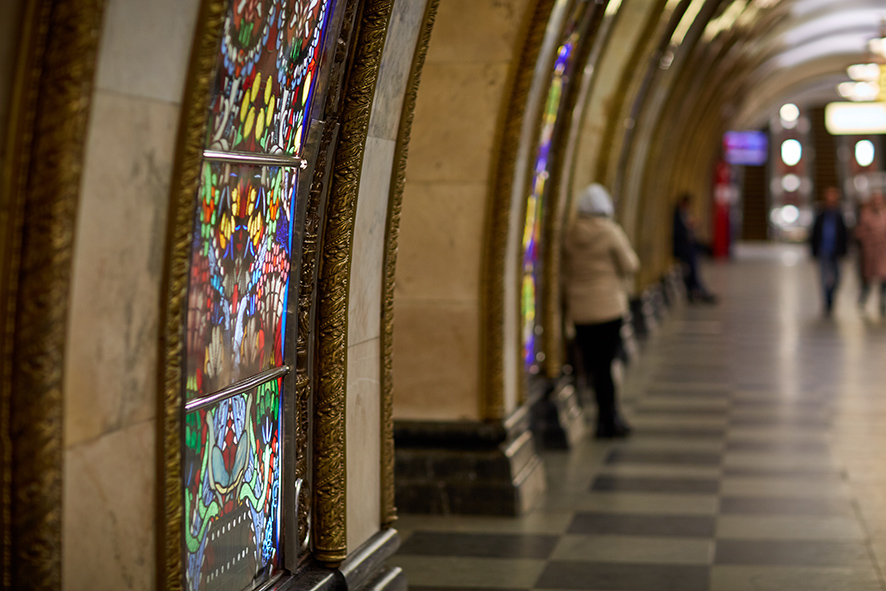To ban or not to ban: burkas in Switzerland
To ban or not to ban: Burkas in Switzerland
On June 17, 2020, the lower house of the Swiss Federal Assembly, the National Council rejected – 114 to 73 (and 3 abstentions) – an initiative that would have banned facial coverings, including burkas, throughout Switzerland. The defeat comes months after the higher house, the Federal Council, voted it down in September 2019. Despite failure in the legislature, advocates for the initiative remain hopeful, as a vote on the ban will soon head to the general population, where supporters believe it has the greatest chance of success.[1]
The initiative, which reads: “Yes on the ban to cover one’s face,” originated in 2017 with the Egerkingen Committee, a group of right-leaning politicians who successfully led the 2009 movement to ban minarets.[2] Though full-facial coverings and balaclavas would also be outlawed, the majority of the debate has centred on burkas and the initiative’s religious implications.
Clashing interpretations of feminism in arguments for and against
Support for the initiative generally arises from three categories: security, culture, and feminism. In matters of security, proponents highlight the need to examine faces at security checks, especially at airports. In terms of culture, some, like Jean-Luc Addor and Andreas Glarner (both UDC), have argued that regardless of the small number of burkas, the principle matters most, as the veil is a public example of one’s “refusal to integrate,”[3] and therefore contrary to Swiss social order.
Additionally, there are those who view burkas as anti-feminist. Some, like PDC member Marianne Binder, urge fellow politicians to think of the women who are forced to wear a burka every single day. Barbara Steinemann (UDC) has accused those against the ban of taking feminism and multiculturalism too far and thereby overlooking the harm done to women in their efforts to promote cultural tolerance.[4]
Opposition is similarly diverse, yet also claims feminism as a motivator. Left-leaning politicians, like Ada Marra (SP), have challenged the motivations behind the initiative, arguing that it does little more than stigmatise Islamic women, since burka wearing in Switzerland is incredibly low. Damien Cottier, of the Liberal Party (FDP), finds burkas oppressive, but argues the better approach is to convince, not to ban. Echoing his ideas, others have called for better education, like language programmes, initiatives against stigmatisation, and for better support for victims of abuse. These projects, they argue, would better address feminist concerns.[5]
Still others have pointed to what they see as an absurdity of banning any sort of facial coverings during the coronavirus pandemic, when the government is actively encouraging individuals to wear face masks to prevent the spread of the virus (a charge UDC members have argued falls short, as the differences between burkas and masks, they say, are obvious).[6] [7]
The left is not the only side to challenge the initiative, however, with some on the right arguing that the ban violates fundamental freedoms, like religious freedom and a right to privacy.[8] The ultimate decision, though, will likely lie with the general population.
Would you like to stay updated on the latest news on religion & society? Create an account on our Dashboard and receive free weekly updates.
[1] Le parlement rejette l’interdiction de la burqa
[2] Interdiction de se dissimuler le visage – La chronologie
[3] L’initiative anti-burqa revient devant le Conseil national
[4] Le parlement rejette l’interdiction de la burqa
[5] Le parlement rejette l’interdiction de la burqa
[6] Le parlement rejette l’interdiction de la burqa
[7] L’initiative anti-burqa revient devant le Conseil national
[8] Le parlement rejette l’interdiction de la burqa






